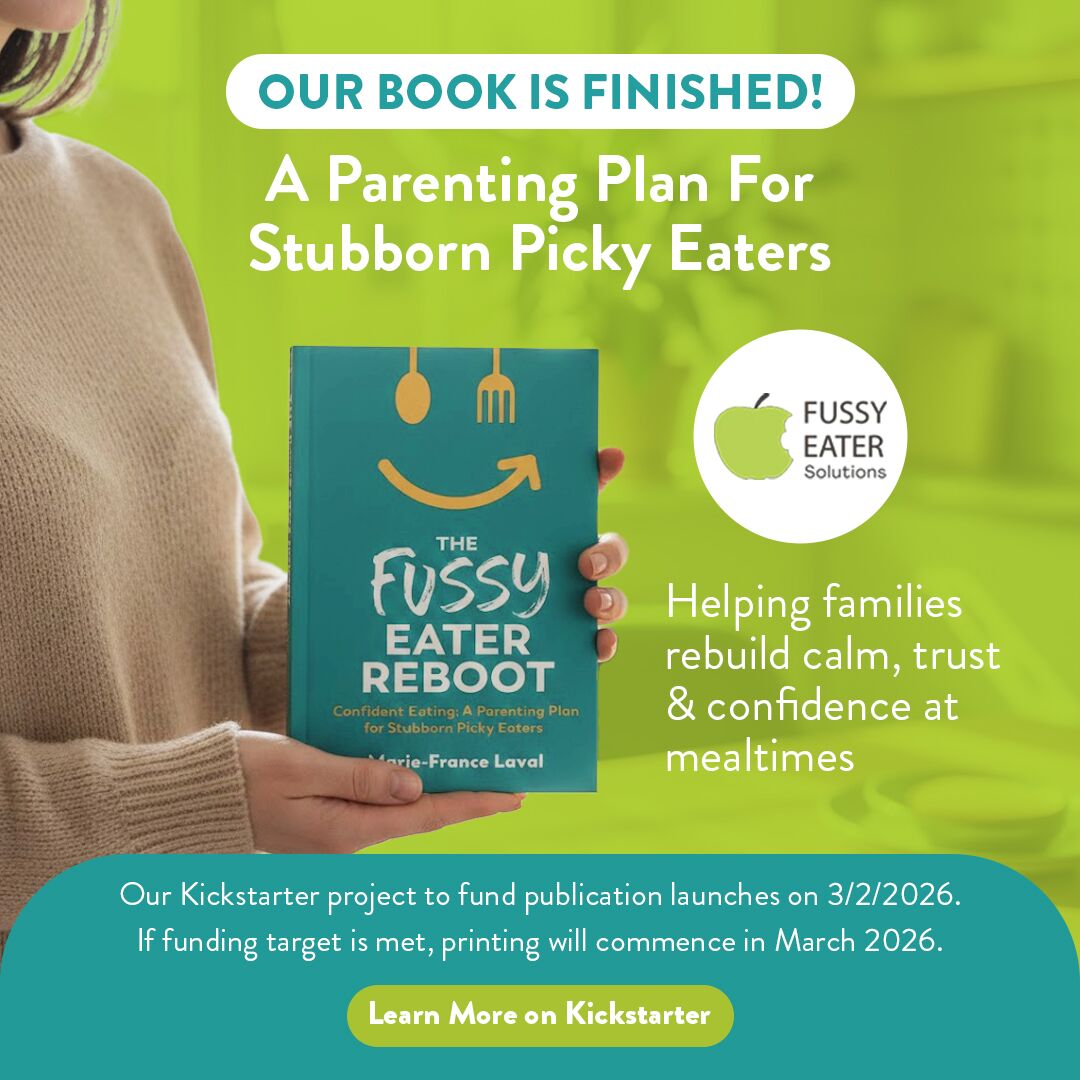
Why is your baby crying when feeding solids? As you prepared to introduce solids, your excitement was quickly dampened by worries, what if your baby cries again today?Now you start dreading mealtimes. Understanding why this happens and how to address it can make this transition smoother for both you and your little one.
Babies may cry due to a lack of readiness or discomfort caused by medical reasons. For more information on feeding readiness and medical challenges, check out these articles. Additionally, when parents start to adapt to feeding challenges by deviating from sound advice, such as using distractions, it is a sign they are experiencing feeding trouble. Read more about this in this article.
When Are the Tears Occurring?
Understanding when your baby cries during feeding can help identify the underlying cause. Tears can occur before, during, or after feeding, each with its own set of potential causes.
Before Feeding
- Hunger and Fatigue: If your baby is crying before feeding, it might be due to hunger or fatigue. A hungry baby may become impatient and cry when the food isn’t ready quickly enough. Similarly, a tired baby might be too cranky to settle down for a meal.
-
Anticipation Anxiety: Some babies might cry in anticipation of feeding if they have had negative experiences with solids in the past. This could be due to gagging, choking, or simply disliking the taste or texture of certain foods.
During Feeding
-
Readiness: If your baby cries during feeding, it could be a sign that they are not yet ready for solids. Look for signs of readiness, such as sitting up with minimal support and showing interest in food.
-
Texture and Taste: Babies might cry if they are not accustomed to the texture or taste of new foods. It’s a significant change from the smooth consistency of milk.
-
Discomfort: Medical issues such as acid reflux, food allergies, or oral motor problems can cause discomfort during feeding, leading to crying. Consult a pediatrician or feeding specialist if you suspect a medical issue.
After Feeding
-
Overfeeding: If your baby cries after feeding, it could be due to overfeeding. Babies have small stomachs, and eating too much can cause discomfort.
-
Digestive Issues: Gas, constipation, or other digestive issues can make your baby uncomfortable after feeding. Keeping your baby upright for a while after eating and gently massaging their tummy can help alleviate some of these issues.
-
Transition Stress: The transition from milk to solids can be stressful for babies, leading to crying after meals as they adjust to the new experience.

Timing, Routine, and Avoiding Fatigue
Timing and routine play significant roles in a successful feeding experience. Babies thrive on consistency, and establishing a routine can help them feel more secure and less likely to cry. Here are some tips:
-
Choose the Right Time: Aim to feed solids when your baby is alert and happy, not when they are tired or hungry. Mid-morning or early afternoon can often be good times, as babies are usually more content after a good nap and some milk.
-
Establish a Routine: Consistency is key. Try to feed your baby solids at the same time each day. This predictability can help reduce anxiety and crying. Transitions can help such as washing hands predicting it is mealtime.
-
Avoid Fatigue: Ensure your baby is well-rested before feeding. A tired baby is more likely to become frustrated and cry during mealtime. If your baby shows signs of tiredness, it might be best to wait until after a nap to introduce solids.
Sample Schedules
6-9 Months Schedule: Milk First
-
7:00 AM: Wake up and breastfeed/formula
-
8:00 AM: Breakfast (solids)
-
9:00 AM: Nap
-
11:00 AM: Wake up and breastfeed/formula
-
12:00 PM: Lunch (solids)
-
1:00 PM: Nap
-
3:00 PM: Wake up and breastfeed/formula
-
4:00 PM: Short nap (if needed)
-
5:00 PM: Dinner (solids)
-
6:00 PM: Breastfeed/formula
-
7:00 PM: Bedtime routine and sleep
9-12 Months Schedule: Solids First
-
7:00 AM: Wake up and breakfast (solids)
-
8:00 AM: Breastfeed/formula
-
9:00 AM: Nap
-
11:00 AM: Wake up and snack (solids)
-
12:00 PM: Breastfeed/formula
-
1:00 PM: Nap
-
3:00 PM: Wake up and lunch (solids)
-
4:00 PM: Breastfeed/formula
-
5:00 PM: Short nap (if needed)
-
6:00 PM: Dinner (solids)
-
7:00 PM: Breastfeed/formula
-
8:00 PM: Bedtime routine and sleep
Milk First or Solids First?
Understanding when to offer milk first versus when to switch to solids first is crucial in this transition phase:
-
6-9 Months: At this stage, breast milk or formula should still be the primary source of nutrition. Offer milk first and then follow up with solids. This ensures that your baby gets the necessary nutrients from milk while gradually getting used to the texture and taste of solid foods.
-
9-12 Months: As your baby gets closer to their first birthday, you can start offering solids first and then follow up with milk. This shift helps your baby transition to getting more nutrition from solid foods while still receiving the benefits of breast milk or formula.
Responsive Feeding: What It Means and Why It’s Important
Responsive feeding is an approach that emphasises recognising and responding to your baby’s hunger and fullness cues. It involves:
-
Watching for signs of hunger: Rooting, sucking on hands, and making sucking noises.
-
Noticing signs of fullness: Turning away from food, closing the mouth, or becoming distracted.
-
Respecting your baby’s pace: Allowing them to eat at their own speed without pressure
-
Feeding without any pressure: Baby should lean forward to the spoon you present, or happily grab food and bring it to their mouth on their own accord.
This approach helps create a positive feeding experience, reducing stress and making mealtimes more enjoyable.
Strategies for Parents to Relax
It is important to recognise that babies are highly attuned to their parents’ emotions. If a parent is stressed or anxious, the baby can often sense this and become upset as well, a phenomenon known as co-regulation. By staying calm and relaxed, parents can help their babies feel more secure and less likely to cry during feeding times. There are several strategies parents can use to relax and make the process smoother:
-
Adopt a serene face that says ‘you can do this’.
-
Seek support, involve your partner, family members, or friends in feeding times. They can help by offering breaks and moral support.
-
Take breaks, It is okay to take a step back if things get too overwhelming. Try again later when both you and your baby are calmer.
-
Consult professionals, Paediatrician, Maternal Child Health Nurses, Speech-Language Pathologists (SLPs), feeding therapists and dietitians can offer guidance and reassurance.
-
Join support groups: Online forums and local parenting groups can provide valuable advice and camaraderie.
Embrace the Journey
Remember, introducing solids is a learning process for both you and your baby. It can be a bumpy road, but with patience and support, your baby will learn to enjoy new foods. Celebrate small victories and be gentle with yourself during this transition. Every baby is unique and will develop at their own pace, but they all have the capacity to learn and thrive.
By understanding the reasons behind your baby’s crying, being responsive to their needs, and utilising available resources, you can create a positive feeding experience that sets the stage for a lifetime of healthy eating habits.
Just so you know I have guided families with babies as young as 9 months old. Feel free to book a free 15min chat with me here.



